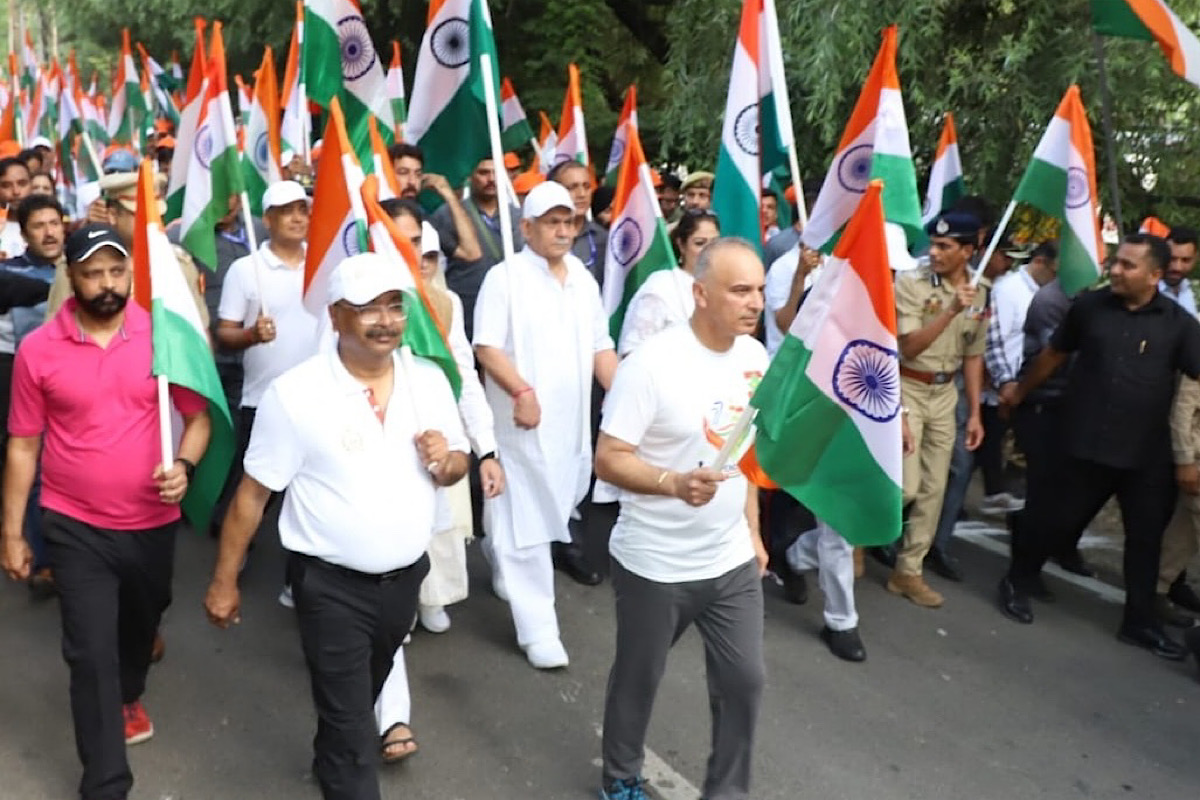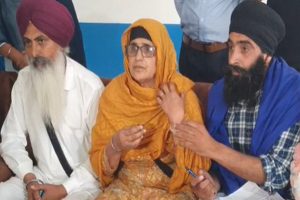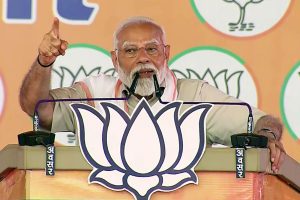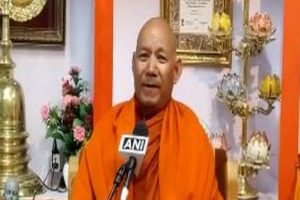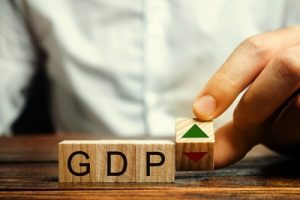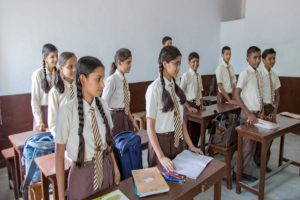India is celebrating ‘Azadi Ka Amrit Kal’ to honour 75 years of Independence, a significant milestone. It is an occasion to celebrate the country’s diverse culture, rich history, and progress. August 15 is a crucial date when India achieved Independence in 1947. On this day, Pandit Jawaharlal Nehru gave his famous speech ‘Tryst with Destiny’ in the Central Hall of Parliament. Remarkably, India’s democracy has remained solid and united since Independence. And this has transpired despite predictions of disintegration from the West. The Mahotsav honours this achievement.
On this great occasion, it is only fitting to remember the sacrifices made by numerous freedom fighters – many giving their lives, especially because Narendra Modi is the first Prime Minister to be born in free India. India’s democratic institutions have been evolving for 75 years, experiencing both successes and failures. Thus, this is an excellent opportunity to introspect and look ahead. India has achieved 17 peaceful power transfers and no military coups as a young nation.
The people continue to engage in the democratic process actively. The Election Commission has played a vital role in ensuring peaceful elections. It’s essential to choose the right representatives for good governance. Unfortunately, money and power often influence elections, which is problematic. Of the 539 winners in Lok Sabha 2019, 233 MPs have declared criminal cases against themselves. Four hundred seventy-five members of the new Lok Sabha are ‘crorepatis.’ We need to acknowledge what our country has achieved so far and work towards our future goals.
Prime Minister Modi’s goal for India is to become the world’s third-largest economy by 2030 and a developed nation by 2047. According to the Prime Minister, the Amrit Kaal plan aims to improve the lives of Indians. Modi called it the Amrit era. He believed the younger generation could achieve the nation’s goals. It would do so by bridging the rural-urban development gap, enhancing the quality of life, and embracing technology by reducing government interference.
On his tenth Independence Day address from the Red Fort, the Prime Minister said that the country has progressed in various areas during his regime. Modi highlighted India’s three Ds – democracy, diversity, and demography. With 65 per cent of the population being young, they are crucial for the country’s progress. However, ensuring food for such a vast population remains a significant concern. Building trust between the government and the people requires transparency in the decision-making process. Access to government information plays a crucial role in achieving this.
The Right to Information Act is a critical tool for promoting openness and accessibility in governance. Encouraging political engagement and broadening representation is crucial to a fair and inclusive system. Since the 73rd Amendment of 1992, the village panchayat system has come a long way. It has established a three-tiered system and decentralized power effectively. Today, more than a million women are working as panchayat heads. India has made progress in various sectors since 1947.
Our economy has gained global recognition since its liberalization in 1991. The contributions of different Prime Ministers have been instrumental for the current position. Significant advancements have been made in multiple fields, such as agriculture (Green Revolution) and dairy farming (White Revolution). The country has also made notable progress in nuclear power, military technology, information technology, life expectancy, and space exploration. However, much more needs to be done.
For instance, more resources are required for education, housing, infrastructure, and Health. The government should increase its healthcare, education, housing, and transportation spending. The recent pandemic has emphasized the urgent need for investment in the healthcare system. The Modi government has initiated several schemes, as did its predecessors. The weak link is their implementation. One crucial area is to promote gender equality by increasing the number of women in government positions. It’s vital to ensure equal pay for equal work.
Despite women’s demand for 30 per cent reservation of seats in Parliament, male politicians have resisted the idea thus far. Rajya Sabha passed the women’s reservation bill in March 2010, but it lapsed in Lok Sabha. Many steps have been taken to tackle corruption, but we need systemic change. Corruption has been entrenched in all spheres of life. Bribe givers, as well as bribe takers, must be punished. Transparent political financing is crucial, especially with rising election costs. Disclosure of donations is necessary. Also, contributions should address social inequality. The loopholes in the existing law must be plugged. To prevent discrimination based on caste, gender, and religion, it’s essential to implement affirmative action strictly. People must try to understand each other better to ease religious tensions in India.
Respect for other religions and a philosophy of coexistence is critical. We face several challenges on the road ahead. They are population growth, poverty and illiteracy eradication, religious bias, and gender inequality. We must address issues like urban congestion, environmental degradation, and a pressing energy crisis. For all these, good governance is essential. People must be vigilant while choosing their representatives. As the saying goes, “you get the government you deserve.” The voters must shun bribes. Only then can we move forward?

